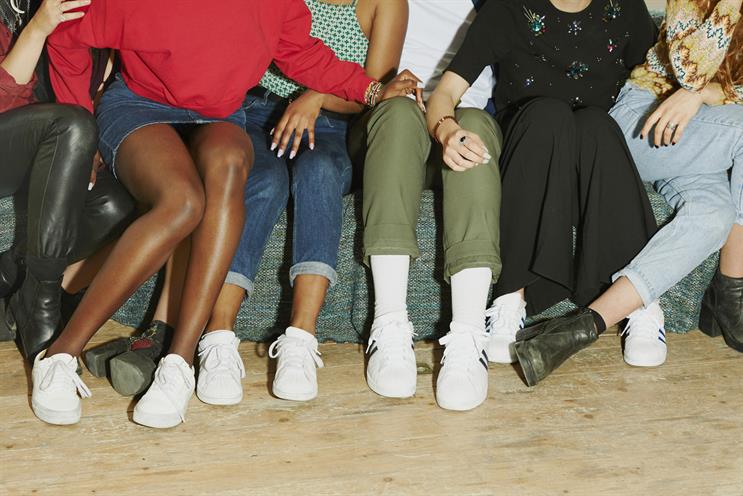Entertainment is an area that brands should be paying close attention to.
Yeah, you don’t say.
OK, so that statement is hardly revelatory. But, hopefully, how I expand on this point will be.
As part of Livity’s In Future series, where we look to the future of industries and areas of culture with the support of the future citizens, consumers and talent who will be leading them, we have turned our gaze to entertainment.
The aim is to better understand what the younger generation of today see coming down the line for this area of business and culture. With this in mind, we have pulled out some key insights into how brands should be thinking about entertainment as a key tool in their arsenal.
Attitude over and above an output
Entertainment is inherently an earned experience; the right to entertain isn’t something you buy. So having an entertainment mindset forces you to think first about your audience and not your brand. It forces us to focus on real and niche experiences, attitudes and interests over binary topics. Adopting an entertainment mindset therefore forces authenticity and the need to have a position on something.
All of this fundamentally transforms the relationship you will have with your audience and the role of brands in the daily experiences of a future consumer – because it is really absolutely not about your brand. It’s about the role of your brand in culture, in life.
Saying this, once you have an entertainment mindset, there is still an output that you need to create and we feel there are some interesting movements in the entertainment area for brands to consider.
Entertainment x commerce
Retailtainment. Why do we keep doing this to ourselves? Anyway, putting that horrible mixture of words aside, it is an area that is developing at pace, serving this generation in particular through live shoppable video blended with entertainment formats and personalities that hold a lot of sway in culture.
We are seeing the likes of Twitch and Facebook starting to launch their own QVC-style shopping channels, but for me the likes of NTWRK are the ones to watch. Those that are connecting with a specific community or niche within youth culture and driving scale through this. The ones who are on the money from a cultural understanding and relevance point of view. Seeing what rises from these innovative new platforms, and how brands can collaborate to drive commerce through entertainment, could be an interesting new wave of ecommerce.
Entertainment’s role in driving positive change
The world is burning and nobody is feeling it more than the youth of today. We have seen a rise in demand for entertainment that isn’t just about relaxing and switching off, but is about becoming more informed, whether that be for personal development in yourself, protecting your mental health or learning about what is happening in the world and what you can do about it.
So, as brands continue on their march towards driving positive change in the world, entertainment should play a key part in this journey. And it’s being called for. Research commissioned by Livity found that 82% of 16- to 24-year-olds feel that entertainment should have a positive impact on the world.
But, more interestingly, it’s driving tangible behaviour change. Documentaries, music and film have always played a role in challenging our perceptions and making us think about the world and our place in it in new ways. We continue to see this with numerous participants in our research aligning the moment they decided to change their food habits to a Netflix documentary. But what came as more of a surprise was the power of gaming to change their viewpoint, with people feeling that gaming had changed their perception on something in the world in equal measure to documentaries and film.
With mainstream games now tackling topics such as mental health and empathy, gaming is only going to increase in relevance to brands – and not just "what are we going to do in Fortnite?" – but also what gaming worlds we can create and how we can learn from the power that gaming has of showing multiple people’s perspectives on a subject in an ever-polarised world.
Entertainment for escapism is still a need
Entertainment for social change is important, but don’t take that as meaning entertainment for escapism no longer has a role. It potentially plays a more important one here than anywhere else. We live in a world where we need to escape more than ever. We’re always on, we’re always on the go, we have the stresses of the past multiplied by seeing global news every second and, let’s be honest, generally the news isn’t all that good now, no matter what side you sit on.
Combine this with a feeling of always needing to be up to speed, to always seem informed, to feel "woke" on a variety of subjects. And all this is pretty tiring. And this is where escapism comes in. So, yes, as a brand, look at entertainment for good, look at it to drive behaviour change, look at it for commerce. But, importantly, don’t overlook the value in allowing people to escape for 30 seconds or more.
Alan Bryant is strategy lead at Livity


